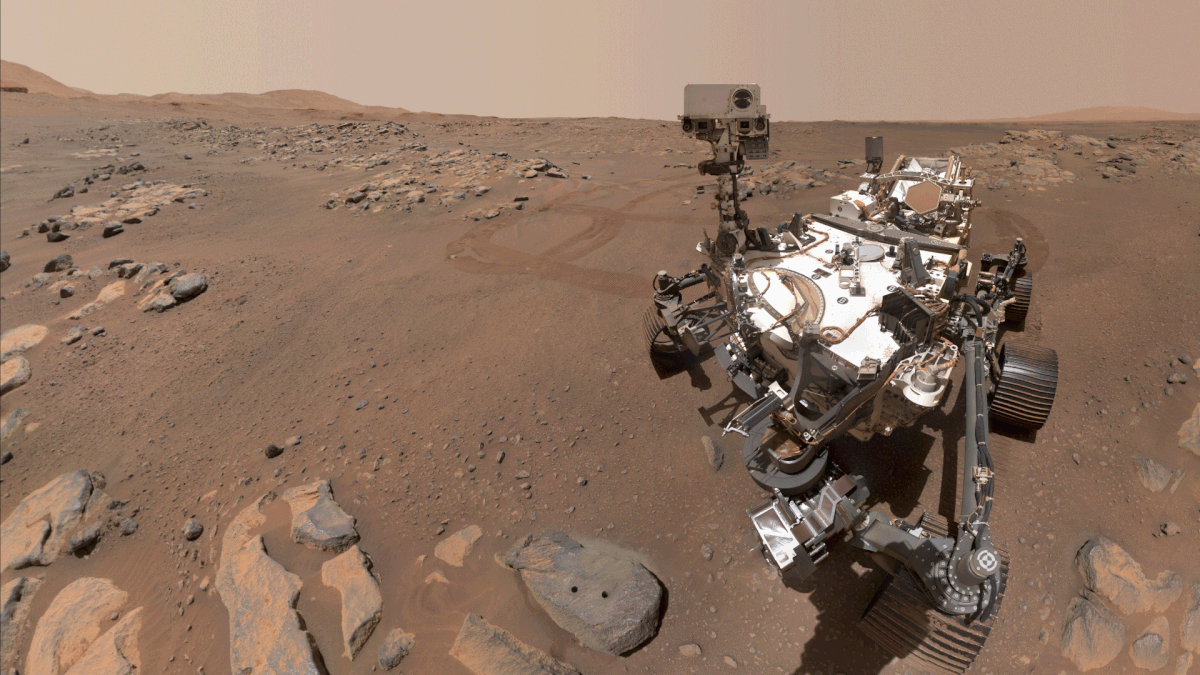These are more in the nature of questions regarding the impacts of the delays on the Mars mission, than they are comments. Will the delays require greater velocities of the vehicle in transit to Mars? If so, then will they require greater deceleration on approaching Mars? Will there be any consequent effect on entry velocity in the Martian atmosphere? How will these changes effect fuel consumption for the journey and is any increase well within fuel capacity?
Your concerns about timing, fuel consumption etc. are certainly reasonable. Nobody wants to screw up a costly mission to Mars. Having grown up during the space race to the moon, most of us read all about NASA mission parameters, the amount of fuel, how much time it would take to get there and back, etc. Since others may be reading these comments, it seems reasonable to address the issues you brought up, even though you might be aware of most of them.
As you clearly know, missions to other planets have optimal launch windows due simply to the continuously variable positions of the planets relative to earth. These windows result for some of the reasons you mention - conservation of fuel, etc. When NASA designs a spacecraft mission to Mars, they know when the best launch windows are - they have been at this for a while. But they also know that things can go slower than expected during construction and launch preparation. So in order to minimize the risk of missing a window completely, most of these spacecraft are designed and built well in advance of that window. And then they are tested extensively to be sure they are optimal for that window. So they always have some wiggle room in launch dates.
One suspects they plan most mission launches at the earliest moment the window opens, providing extra time during preparation for launch, which must occur very close to the launch date. You don't want a rocket with payload sitting around for extended periods waiting for the window to open.
Since NASA knows there is a fairly strict window on this launch, they certainly would not risk the mission by launching at a time when the spacecraft's fuel etc. would be an issue. Again, these aspects are planned well in advance. And the article does mention when that window closes:
"NASA has until Aug. 11 to launch the Perseverance rover to Mars and still reach the Red Planet in February 2021. If NASA doesn't make that launch window, the agency will have to wait another 26 months (until 2022), when the orbits of Mars and Earth will once again be aligned for such a mission."
So it would seem that launching on July 22 should not be a problem. As you are probably aware, the problems usually crop up when you get to Mars, not in getting there. We should all hope that everything plays out well for Perseverance and more useful data is obtained from the Red Planet!
Anyone wishing to calculate launch windows to Mars can check out this student lesson from JPL:
Students use advanced algebra concepts to determine the next opportunity to launch a spacecraft to Mars.

www.jpl.nasa.gov
For an excellent overview on this new rover, see :

en.wikipedia.org





